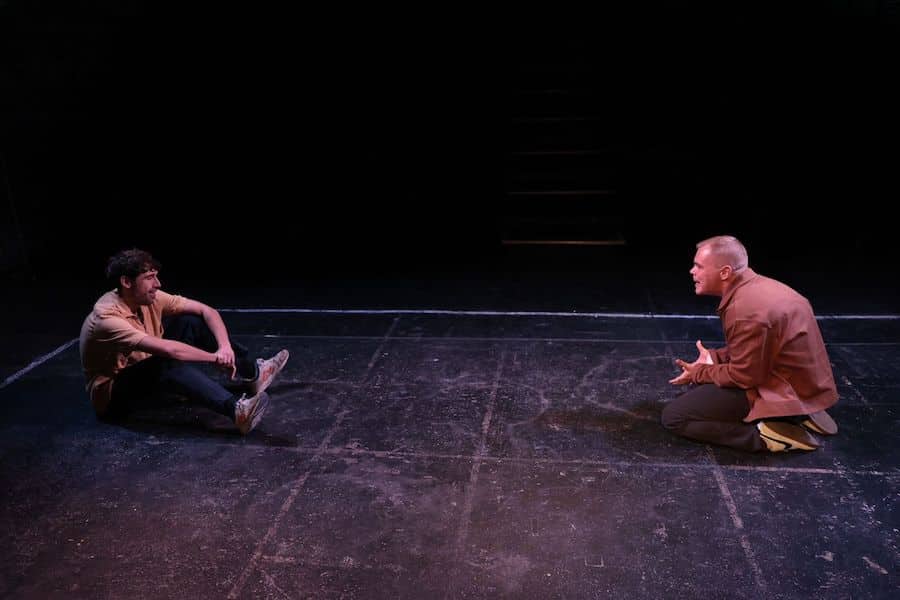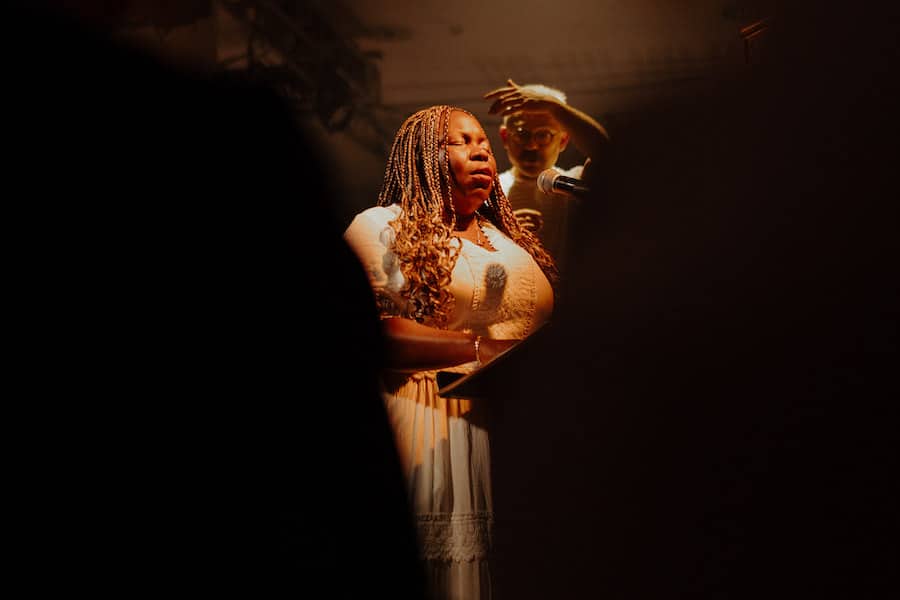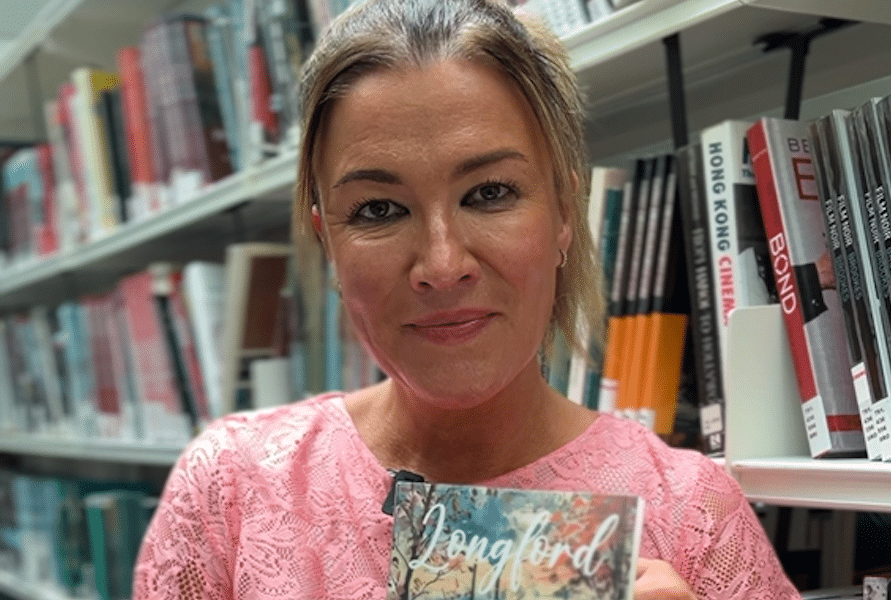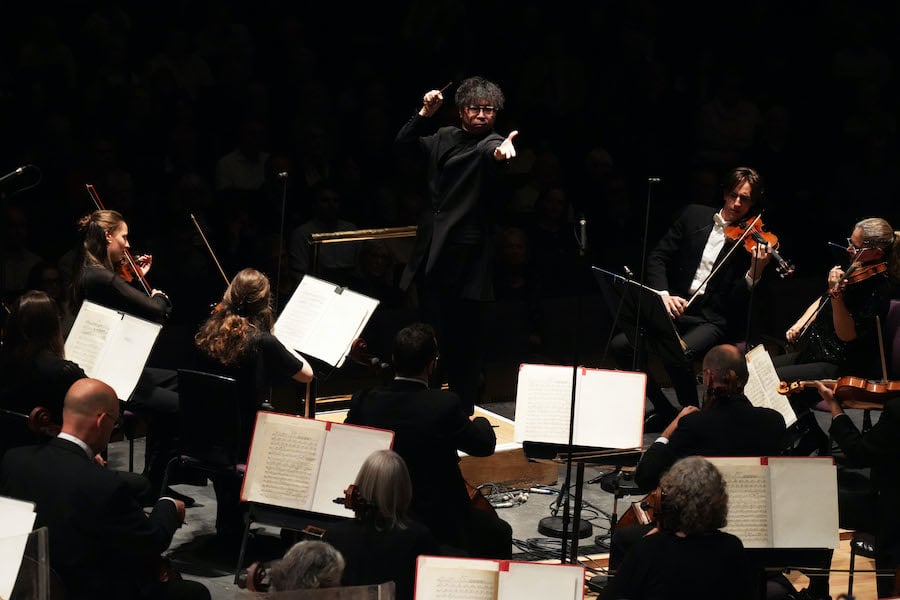Review: The Magic Flute at the Lowry is ‘a visually and vocally stunning operatic delight’
- Written by Thom Bamford
- Last updated 26 seconds ago
- City of Manchester, Opera
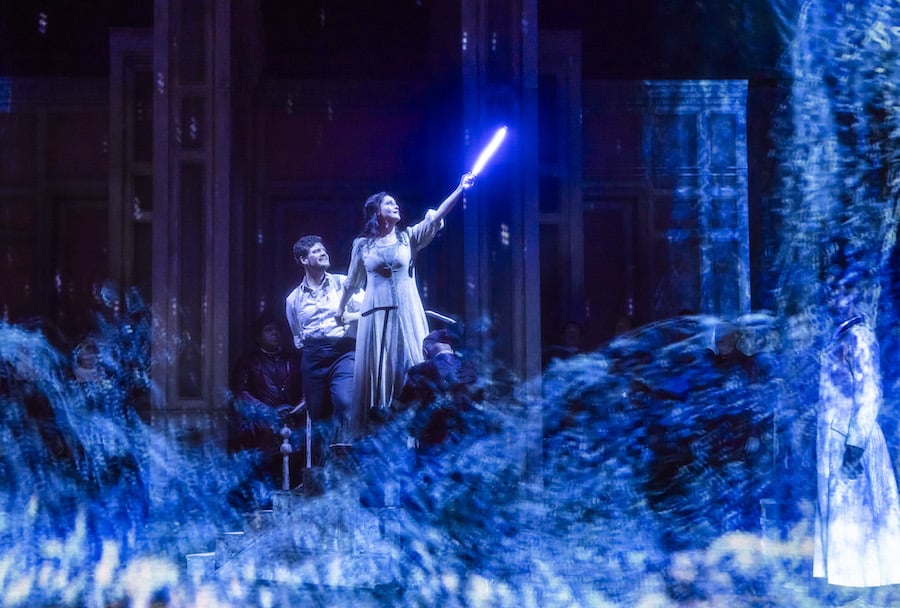
James Brining’s 2024 revival of The Magic Flute at The Lowry proves a masterful and deeply imaginative interpretation of Mozart’s final opera.
Opera North’s production, with Colin Richmond’s transformative designs, strikes a delicate balance between fantasy and philosophical depth, making the timeless story accessible to newcomers and rewarding for seasoned opera enthusiasts alike.
Richmond’s set design is a triumph of ingenuity. It morphs fluidly between locations, symbolising the shape-shifting challenges faced by Prince Tamino (Egor Zhuravskii) and Papageno (Emyr Wyn Jones).
The Magic Flute by Opera North at the Lowry
The integration of visual motifs—a labyrinthine temple and organic, magical landscapes—enhances the opera’s allegorical exploration of enlightenment and truth.
Coupled with effective lighting that shifts from foreboding shadows to radiant hues of hope, the visual narrative becomes as compelling as the score itself.
Under the baton of Oliver Rundell, the orchestra delivered Mozart’s luminous score with energy and precision.
The balance between strings, woodwinds, and brass was immaculate, capturing the opera’s duality of playful whimsy and profound spiritual searching.
The magic flute’s melodies sparkled with transcendent beauty, while the charm of Papageno’s chimes elicited audible smiles from the audience.
Egor Zhuravskii as Tamino
Egor Zhuravskii, as Tamino, gave a confident and earnest portrayal of the prince.
His clear, resonant tenor voice conveyed both the innocence and determination of the character, particularly in arias like Dies Bildnis ist bezaubernd schön.
Claire Lees was radiant as Pamina, her warm soprano perfectly suited to moments of tenderness and despair.
Their chemistry heightened the opera’s emotional core, particularly during their reunion.
Anna Dennis’s return to Opera North as the Queen of the Night was a highlight.
Mozart’s Queen is notorious for the vocal demands it places on its performer, and Dennis rose to the challenge with astonishing precision and artistry. Her mastery of the two iconic coloratura arias, O zittre nicht and Der Hölle Rache, drew audible gasps and rapturous applause from the audience.
Her commanding stage presence added gravitas to the Queen’s malevolent desperation.
Emyr Wyn Jones as Papageno
Emyr Wyn Jones as Papageno brought humour and charm to the role. His comedic timing and heartfelt rendition of Ein Mädchen oder Weibchen endeared him to the audience, providing moments of levity amidst the opera’s more somber themes.
From the moment he bounded onto the stage, Jones exuded an irresistible charm that captured the audience’s affection. His comedic timing was razor-sharp, drawing laughs with every quip and exaggerated gesture, yet he managed to imbue the role with a deep humanity that elevated Papageno beyond mere comic relief.
As Papagena, Heather Lowe delighted with her brief but memorable appearance, their duet brimming with joy.
James Brining’s direction leaned into The Magic Flute’s philosophical underpinnings, emphasising the dichotomy of light and darkness—not just visually but thematically.
The Queen of the Night’s operatic menace contrasted sharply with Sarastro’s serene wisdom, performed with gravitas by Matthew Stiff.
Yet, Brining avoided overly moralistic interpretations, instead inviting the audience to reflect on the complexities of power, love, and forgiveness.
True to its reputation as an ideal introduction to opera, this production engaged a diverse audience.
The humour of Papageno’s antics and the magic of the titular flute enchanted younger viewers, while the layered narrative and rich orchestration captivated seasoned opera-goers. Brining skillfully balanced accessibility with artistic depth, ensuring the production’s universal appeal.
Opera North’s The Magic Flute at The Lowry was a captivating evening of music, drama, and spectacle. Brining’s vision, supported by stunning performances and a thoughtful design, brought fresh life to Mozart’s masterpiece.
This performance just goes to show why this opera endures: its fusion of musical genius, timeless storytelling, and exploration of the human spirit remains as potent today as in its premiere in 1791. A standing ovation for all involved was not just deserved but inevitable.
What’s on at the Lowry?
You can find out more about what’s on at the Lowry by clicking here
- This article was last updated 26 seconds ago.
- It was first published on 18 November 2024 and is subject to be updated from time to time. Please refresh or return to see the latest version.
Did we miss something? Let us know: [email protected]
Want to be the first to receive all the latest news stories, what’s on and events from the heart of Manchester? Sign up here.
Manchester is a successful city, but many people suffer. I Love Manchester helps raise awareness and funds to help improve the lives and prospects of people across Greater Manchester – and we can’t do it without your help. So please support us with what you can so we can continue to spread the love. Thank you in advance!
Got a story worth sharing?
What’s the story? We are all ears when it comes to positive news and inspiring stories. You can send story ideas to [email protected]
An email you’ll love. Subscribe to our newsletter to get the latest news stories delivered direct to your inbox.
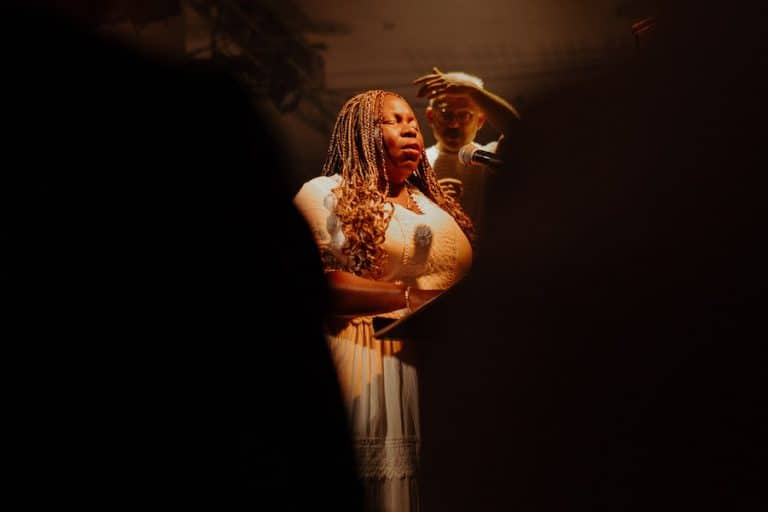
Review: Paraorchestra’s Symphony of Sorrowful Songs at RNCM is a ‘life affirming, joyously uplifting experience’
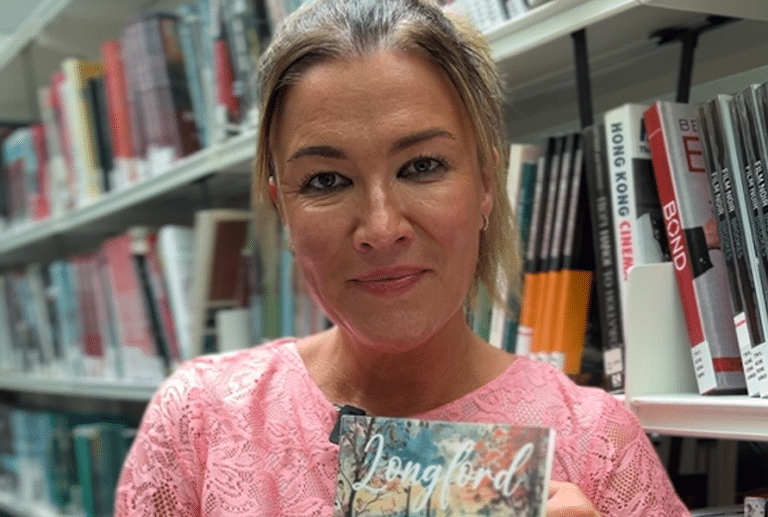
Author explores a love that helped build our city in her gorgeous debut novel

Inside the plan for 600 new ‘genuinely affordable’ and super energy-efficient homes in Manchester

The inspiring duo who sparked a 24-hour run to help Manchester’s homeless

“We want to ensure Manchester remains an inclusive cultural capital” Free to use artist hub will open in 2025







